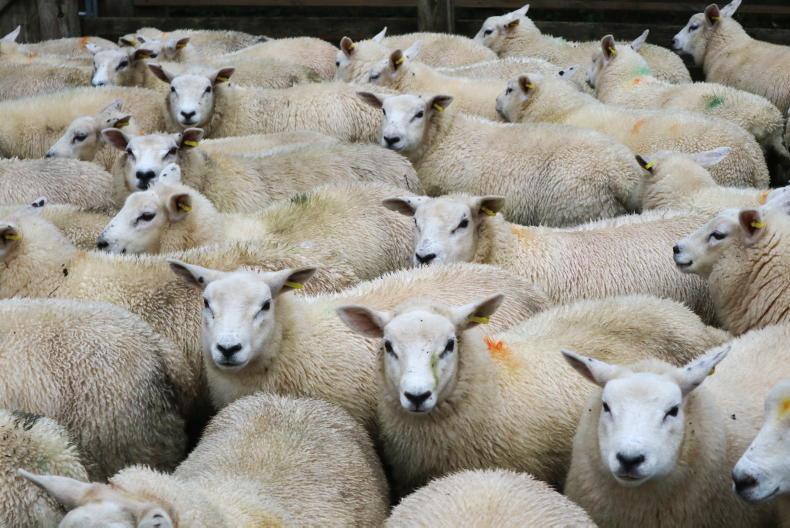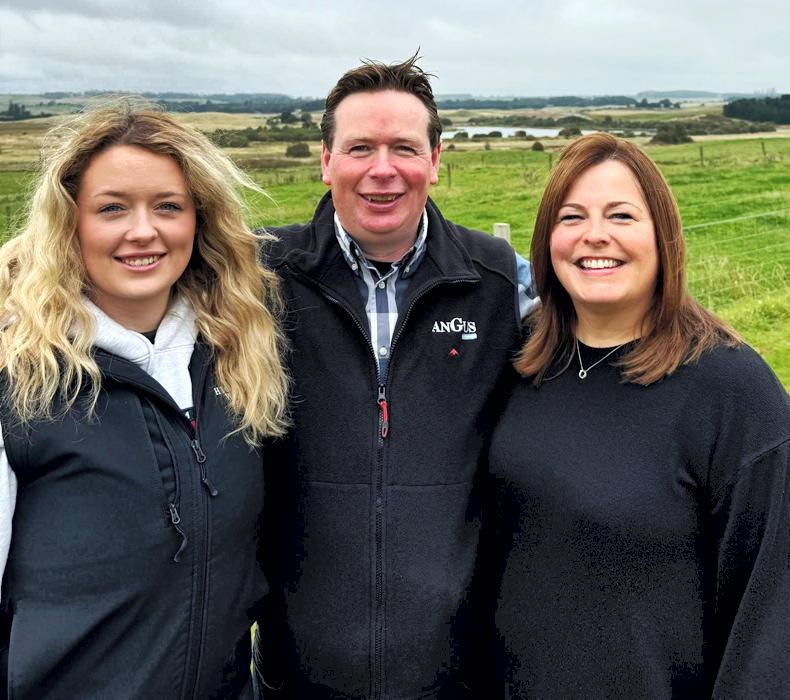The UK Business and Trade Minister travelled to India this week to resume the negotiation of a trade deal between the two countries.
The negotiation commenced under the previous UK government in the aftermath of Brexit but was suspended a year ago ahead of elections in both countries.
A resumption was agreed in the margins of the G20 summit in Brazil back in December, hence the talks being held this week which is the fifteenth round of negotiations.
The UK negotiation with India is much more complex than the discussions and agreements with Australia and New Zealand.
The then UK government had no difficulty in granting their main request which was for tariff-free access for dairy, beef and sheep meat.
Despite India being home to 306m head, one-third of the global bovine population (see Figure 1) access for agricultural produce to the UK isn’t an issue. They are forecast by USDA to export 1.645m tonnes of bovine meat this year but that is predominantly lower-value buffalo to neighbouring countries.
The main ask from India in trade negotiations is for greater access for working professionals and students in the UK and visas though India are emphasising that the negotiation isn’t about immigration.
For the UK, the negotiation is about selling services, clean energy and consumer goods like cars and Scotch whisky.
India was ruled by the UK prior to securing independence in the middle of the last century and is forecast to become the world’s third-largest economy in coming years.
Unlike the Australian and New Zealand deals with the UK, any UK-India deal would have no direct or indirect impact on Irish farmers and agri-food exporters.
Its significance lies in the fact that India is now open to trade deals whereas it had been previously protectionist.
Meanwhile in the US
While the UK trade focus may be on India this week, the big political focus was on the US, where Prime Minister Sir Keir Starmer is due to have his first meeting with President Trump.
While the focus of this meeting is very much on the negotiation around the war between Russia and Ukraine, the issue of trade and tariffs will also be in the background.
President Trump has made it clear that tariffs are his tool of choice when it comes to regulating trade. He has made it clear that the EU are in line for tariffs but has been less clear on the UK.
The possibility of making a trade deal with the US was a Brexit selling point but despite the previous government’s intention, a negotiation never really got going.
President Trump has hinted that an arrangement with the UK could be made to avoid tariffs. The UK could buy more US gas without any controversy but access for US beef produced to US standards is likely to be on the horizon.
Put simply this would mean the UK being willing to accept hormone-fed beef which the UK Prime Minister has indicated is a red line that he won’t cross.
It will be interesting to see how this holds in the current volatile trade and geo-political environment. Holding firm on this was the main cause of the UK-Canada negotiation on a successor to the EU CETA deal collapsing.
However, the US is a much larger trading partner for the UK and therefore tariffs would have a much greater impact.
Whatever the outcome of the UK-India negotiation, the implications for Irish farmers would be negligible.
However, if the UK were to enter a special arrangement with the US that increased its access to the UK market, then there is new competition for Irish beef exports in particular.
There would be no new risk of the US flooding the UK market with cheap beef in the foreseeable future but Australia and New Zealand have demonstrated how in a tariff-free situation they are progressively building market share.
Irish beef which has been treated as an extension of domestic supplies by the trade in the UK could face real competition in the future, and that is before the UK has even begun to consider trade deals with the South American countries that make up Mercosur.
In short
UK and India have resumed trade negotiations.Deal would have negligible impact on Irish agri-food trade.UK PM meets President Trump for first time.Trade discussion to avoid US tariffs could feature.US unlikely to negotiate without access for hormone-fed beef.This was the deal breaker in negotiation with EU prior to Brexit.
The UK Business and Trade Minister travelled to India this week to resume the negotiation of a trade deal between the two countries.
The negotiation commenced under the previous UK government in the aftermath of Brexit but was suspended a year ago ahead of elections in both countries.
A resumption was agreed in the margins of the G20 summit in Brazil back in December, hence the talks being held this week which is the fifteenth round of negotiations.
The UK negotiation with India is much more complex than the discussions and agreements with Australia and New Zealand.
The then UK government had no difficulty in granting their main request which was for tariff-free access for dairy, beef and sheep meat.
Despite India being home to 306m head, one-third of the global bovine population (see Figure 1) access for agricultural produce to the UK isn’t an issue. They are forecast by USDA to export 1.645m tonnes of bovine meat this year but that is predominantly lower-value buffalo to neighbouring countries.
The main ask from India in trade negotiations is for greater access for working professionals and students in the UK and visas though India are emphasising that the negotiation isn’t about immigration.
For the UK, the negotiation is about selling services, clean energy and consumer goods like cars and Scotch whisky.
India was ruled by the UK prior to securing independence in the middle of the last century and is forecast to become the world’s third-largest economy in coming years.
Unlike the Australian and New Zealand deals with the UK, any UK-India deal would have no direct or indirect impact on Irish farmers and agri-food exporters.
Its significance lies in the fact that India is now open to trade deals whereas it had been previously protectionist.
Meanwhile in the US
While the UK trade focus may be on India this week, the big political focus was on the US, where Prime Minister Sir Keir Starmer is due to have his first meeting with President Trump.
While the focus of this meeting is very much on the negotiation around the war between Russia and Ukraine, the issue of trade and tariffs will also be in the background.
President Trump has made it clear that tariffs are his tool of choice when it comes to regulating trade. He has made it clear that the EU are in line for tariffs but has been less clear on the UK.
The possibility of making a trade deal with the US was a Brexit selling point but despite the previous government’s intention, a negotiation never really got going.
President Trump has hinted that an arrangement with the UK could be made to avoid tariffs. The UK could buy more US gas without any controversy but access for US beef produced to US standards is likely to be on the horizon.
Put simply this would mean the UK being willing to accept hormone-fed beef which the UK Prime Minister has indicated is a red line that he won’t cross.
It will be interesting to see how this holds in the current volatile trade and geo-political environment. Holding firm on this was the main cause of the UK-Canada negotiation on a successor to the EU CETA deal collapsing.
However, the US is a much larger trading partner for the UK and therefore tariffs would have a much greater impact.
Whatever the outcome of the UK-India negotiation, the implications for Irish farmers would be negligible.
However, if the UK were to enter a special arrangement with the US that increased its access to the UK market, then there is new competition for Irish beef exports in particular.
There would be no new risk of the US flooding the UK market with cheap beef in the foreseeable future but Australia and New Zealand have demonstrated how in a tariff-free situation they are progressively building market share.
Irish beef which has been treated as an extension of domestic supplies by the trade in the UK could face real competition in the future, and that is before the UK has even begun to consider trade deals with the South American countries that make up Mercosur.
In short
UK and India have resumed trade negotiations.Deal would have negligible impact on Irish agri-food trade.UK PM meets President Trump for first time.Trade discussion to avoid US tariffs could feature.US unlikely to negotiate without access for hormone-fed beef.This was the deal breaker in negotiation with EU prior to Brexit. 









SHARING OPTIONS